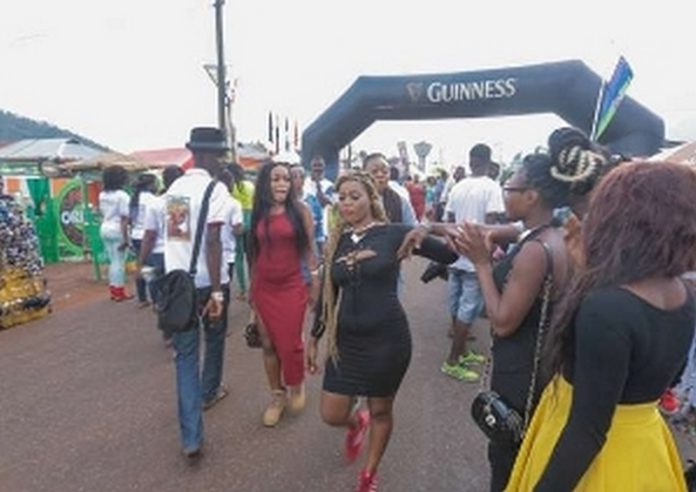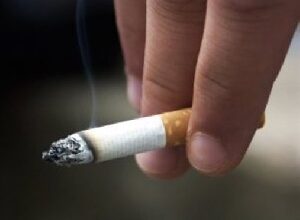Supreme Court dismisses CJ Torkornoo’s injunction application

The Supreme Court has dismissed the injunction application by suspended Chief Justice, Justice Gertrude Torkornoo, which sought to stop the work of the Pwamang Committee, currently hearing the three petitions for her removal.
According to proceedings on Wednesday May 28, 2025, the five-member panel hearing the injunction application dismissed it by a unanimous decision.
The court, after dismissing the injunction application, went on to hear the merits of the case.
The panel is chaired by the Acting Chief Justice, Justice Paul Baffoe-Bonnie.
The other justices on the panel are: Justice Omoro Amadu Tanko, Justice Yonny Kulendi, Justice Henry Kwofie, and Justice Richard Adjei Frimpong.
Justice Torkornoo, in her injunction application, is seeking to halt proceedings by a five-member committee investigating petitions for her removal from office.
The interlocutory injunction, filed on May 21, 2025, also aims to restrain the committee, constituted by President John Dramani Mahama, from continuing its work until the case is fully resolved.
Chief Justice Torkornoo is also requesting the apex court to bar two of its own justices, Gabriel Scott Pwamang and Samuel Kwame Adibu-Asiedu, from participating in the hearings, citing concerns over impartiality.
In her affidavit, she argued that Justice Pwamang had previously adjudicated cases involving Daniel Ofori, one of the petitioners, and should not be part of a panel reviewing a petition to which he is a party.
She further contended that Justice Adibu-Asiedu had served on a Supreme Court panel that reviewed a related injunction application, potentially compromising his neutrality.
In addition, Justice Torkornoo questioned the constitutionality of the committee’s composition. She challenged the eligibility of its three remaining members, Daniel Yao Domelovo, Major Flora Bazwaanura Dalugo, and Professor James Sefah Dzisah, citing potential breaches of Articles 146(1), (2), (4), 23, and 296 of the Constitution, as well as the Oaths Act of 1972.
Source: www.ghanaweb.com





